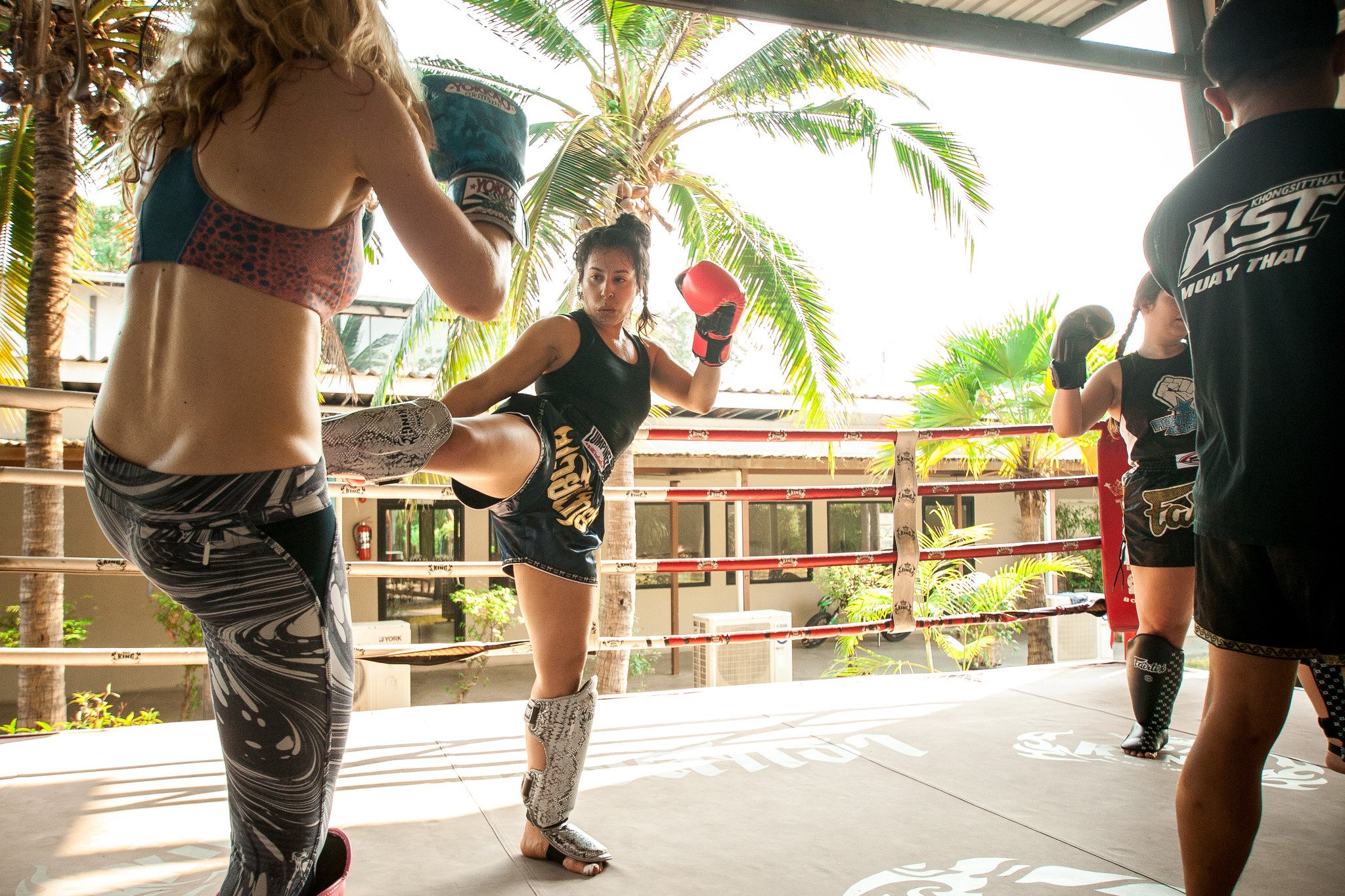The world keeps on getting smaller. It’s not uncommon for people to go overseas for a year or longer with a job, or an academic tenure. In times past this would have been a huge wrench, the months punctuated by expensive, crackly long-distance phone calls and flimsy Air Mail letters.
Yet now we have Skype, Facebook and email, and the miles don’t seem to matter any longer. If you’re going overseas to work for a year or two-year contract, we’ve got some eminently practical tips to help you dig right in and enjoy the experience as much as possible.
Learn the local language. You might be living among English-speaking people, but if you make the effort to learn as much of the local lingo as you can, you’ll feel at home so much more. You’ll be treated better by local shopkeepers and residents and you’ll be able to talk to more people on a daily basis. Don’t be embarrassed by your mistakes, as most people will be only too happy to help you along.
You have your favourite moisturiser or facial scrub, right? You might find it’s twice the price or just not available in your new home. Each jar or tube lasts you for two months and you’re going for two years? Don’t bother with expensive postage or huge regional surcharges, just bung 12 tubes in your shipping. Buy in bulk from a wholesaler if you can.
You’ll probably be in rented accommodation, which may or may not feel comfortable. If you’re only there for a year, why not rent some furniture so that you feel more at home? Companies like Emblem Furniture offer packages for expats that can work out cheaper and less hassle than buying furniture and then trying to sell it before you leave.
It can take up to a year to settle in a new city in your native country, so don’t expect to feel at home after a couple of months. Wander the streets, try out your new language skills, find the best shops and the hidden gems. Take your time, it’s a great ride.
It takes time to adjust mentally to your new home, but there’ll be physical changes as well. If you wear lenses, drier air might mean you need to change them or wear them less. You might need time to get used to lighter or darker evenings and new foods. Don’t worry, humans have been migrating for millennia, it’s in the genes!
Chances are you’ve moved abroad for work, but your life abroad isn’t all about the daily grind, just as it wasn’t when you were at home. Make sure you find things to do outside of work – join a gym, find some classes and pitch in with the locals. You need a break from work colleagues, even though they’ll be your first point of social contact in your new home.
Remember that you may not be entitled to free healthcare while you’re overseas, so make sure you have a European Health Insurance Card or other health insurance.


